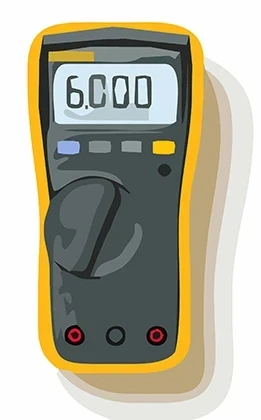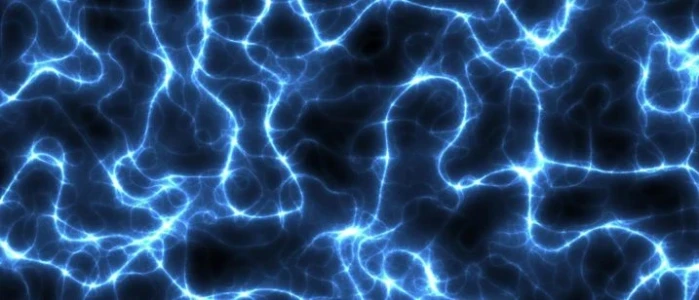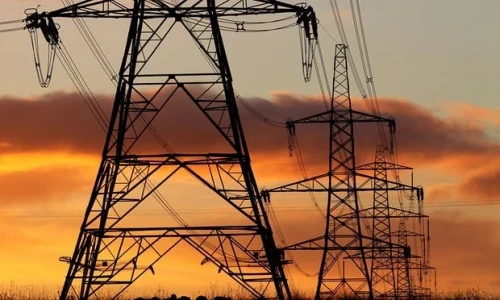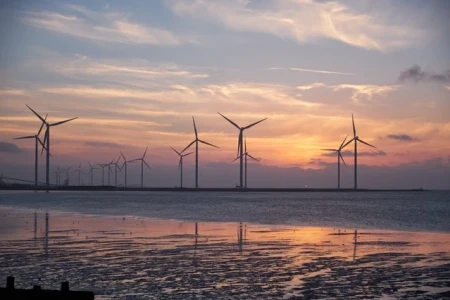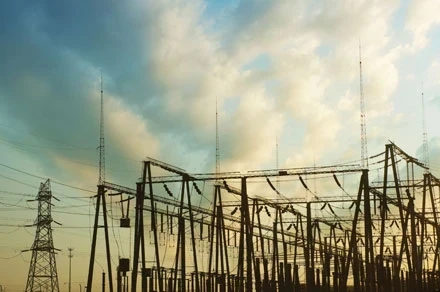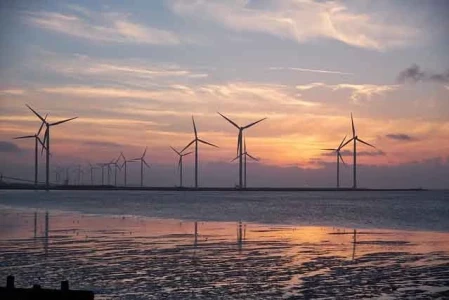PEI Introduces Climate Resources for K-12 Students

In a bold step to prepare the next generation for the climate challenges ahead, Prince Edward Island (PEI) has introduced a series of new educational resources aimed at K-12 students. The province’s education department has launched a comprehensive set of tools to help students understand climate change, its impacts, and how they can be part of the solution. These resources are part of a broader effort to integrate environmental education into the curriculum and ensure that young people have the knowledge and skills to face the climate crisis head-on.
Climate Change Education in PEI Schools
As climate change continues to be a defining issue for communities worldwide, PEI has recognized the importance of equipping its students with the necessary understanding of environmental science and sustainability. The new curriculum resources, which are tailored for all grade levels, aim to provide students with age-appropriate materials that deepen their understanding of climate change, its effects on the environment, and the actions needed to mitigate and adapt to its impacts.
The resources were developed through collaboration between the Department of Education and Lifelong Learning and climate experts, ensuring that the content is both scientifically accurate and relevant to the local context. This is particularly important for PEI, where climate change poses specific risks due to rising sea levels, changing weather patterns, and increased flooding events.
A Focus on Local and Global Climate Issues
The new climate education tools provide students with both a local and global perspective on climate change. For younger students, the materials focus on building foundational knowledge about the natural environment, the causes of climate change, and simple ways to reduce carbon footprints. For older students, the resources delve deeper into the science of climate change, examining topics like greenhouse gases, renewable energy, and the environmental and economic impacts of global warming.
PEI’s curriculum also emphasizes the unique vulnerabilities of the island, encouraging students to understand how rising sea levels and extreme weather events could impact their communities. This local angle helps students make connections between global issues and their own lives, fostering a sense of responsibility and empowerment to take action in the fight against climate change.
In addition to environmental science, the resources integrate cross-curricular approaches, weaving climate change topics into subjects such as social studies, geography, and economics. This interdisciplinary approach ensures that students can see the broad impacts of climate change across different sectors of society.
Empowering Students to Take Action
One of the key aspects of the new climate resources is their focus on action. The goal is not just to inform students about the causes and effects of climate change, but to inspire them to get involved in finding solutions. The materials encourage students to participate in climate advocacy, sustainability projects, and community-based actions to reduce environmental impact.
For example, younger students are encouraged to take part in activities such as planting trees, reducing waste, and conserving water. Older students are invited to engage in more complex projects, such as conducting energy audits in their schools, exploring alternative energy solutions, or working with local organizations to address climate resilience.
By involving students in real-world projects and community initiatives, PEI’s education department hopes to cultivate a sense of agency in young people. The resources provide guidance on how students can become climate leaders in their communities, whether by starting eco-clubs, participating in climate marches, or advocating for policy changes at the local or provincial level.
Supporting Teachers and Schools
The success of any educational initiative depends not just on the resources provided, but on how well teachers are supported in delivering the content. To this end, PEI has also committed to providing professional development opportunities for educators. Teachers will have access to workshops, training sessions, and ongoing support to help them integrate climate change education into their classrooms effectively.
This support is essential, as climate change can be a challenging topic to teach. Educators need to be equipped with the tools and knowledge to answer students' questions and help them navigate the emotional and psychological aspects of learning about climate change. The province’s education department recognizes that students may feel overwhelmed or anxious about the future of the planet, and part of the training will focus on helping teachers address these concerns in a constructive and hopeful way.
A Step Toward a Sustainable Future
By introducing these climate education resources, PEI is positioning itself as a leader in preparing students for the challenges of the future. The province’s commitment to integrating climate change education into the K-12 curriculum aligns with the growing global movement to prioritize environmental education. As students learn about the science of climate change and develop the skills to take action, they will be better prepared to lead efforts toward sustainability, resilience, and innovation in their communities.
With the new resources in place, PEI is sending a clear message: the next generation will play a crucial role in combating climate change, and it is essential that they are armed with the knowledge, skills, and sense of responsibility to create a better future. Through education, action, and collaboration, PEI is helping to lay the foundation for a more sustainable and resilient world.

